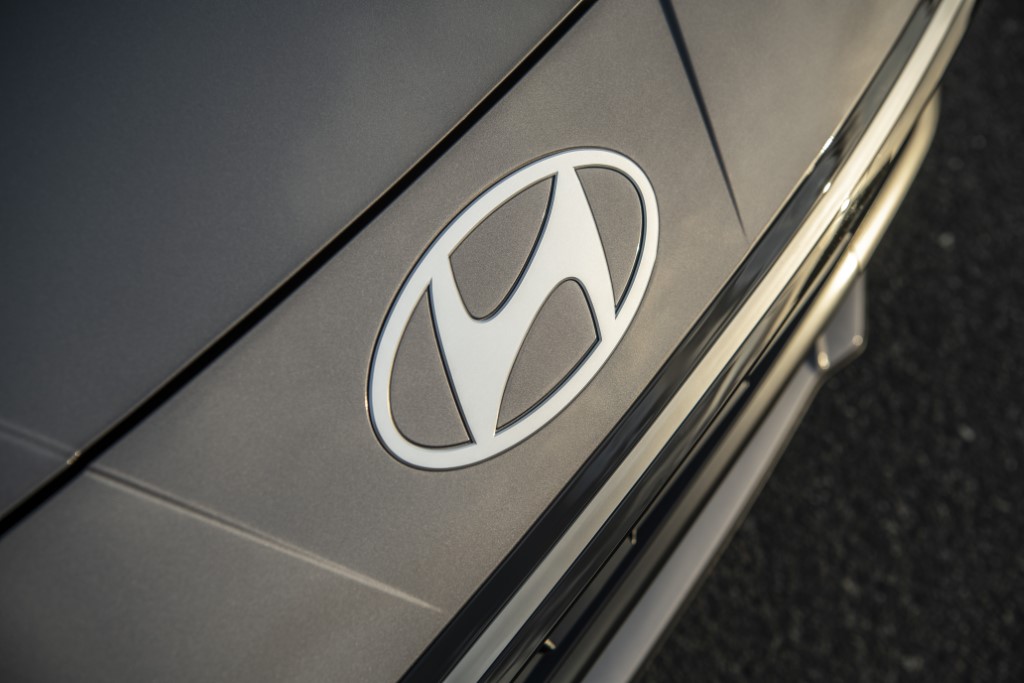Hyundai sharpens user experience focus
By BLOOMBERG | 02 July 2025
SEOUL: Hyundai Motor Co. is deepening its push into understanding how drivers experience vehicles with the launch of a new showroom and research lab in Seoul, part of a broader effort to embed next-generation software into its cars.
Set to open Thursday, UX Studio Seoul will showcase the South Korean automaker's latest in-vehicle software, including an Android-based infotainment system dubbed Pleos Connect.
The system features an AI-powered voice assistant capable of executing complex tasks, such as simultaneously opening the trunk and charging port, functions that go beyond the simpler commands used in current models.
The move comes as automakers globally accelerate investment in software-defined vehicles - cars that rely on technology for core functions, from infotainment to autonomous driving.
SDVs could make up 90% of global auto production by 2029, up from just 3.4% in 2021, according to Morgan Stanley. Japan's Ministry of Economy, Trade and Industry estimates global SDV sales will reach as high as 41 million units in 2030.
"The ongoing electrification of vehicles and the emergence of software-defined vehicles place greater importance on user interaction, and we're trying to draw insights from customers," said Shin Nam, UX strategy team leader at Hyundai.
The new space also doubles as a research lab, enabling visitors to test emerging user experience concepts in real-world simulations.
One room replicates cityscapes and racetracks to evaluate driving behaviors, collecting visual and sensor-based data to inform future product development.
Where automakers once competed on manufacturing prowess and fuel-efficient technologies, they're now vying to make cars smarter and more autonomous via software with over-the-air updates.
Tesla Inc. is a leader but increasingly feeling the heat from Chinese players like BYD Co.
Hyundai operates three other UX studios, in Shanghai, Frankfurt and Irvine, California, but its latest facility is its only open research platform that enables customer participation.
It also replaces a smaller, private lab it had operated in Seoul since 2021 whose research will be reflected in products to be churned out after next year, Shin said.
Tags
Autos Hyundai
Reviews

First drive with the 2025 Hyundai Tuscon and Santa Fe: Seoul...

5.8
Kymco AK550 Premium: Smart easy rider

BYD Seal 6 Premium: Sweet deal, generous kit, sensible prici...

8.7
Mazda CX-80 2.5G PHEV AWD High Plus: Upmarket upgrade

Proton X50 Flagship: Tuned for success

6.6
Triumph Trident 660: Beautifully balanced package

8.4
Mercedes-AMG GLA 35 4Matic: Never a dull moment

Lamborghini Urus SE: Ultimate control
Videos

Free & Easy Media Test: Latest Proton X50 Flagship to Kuanta...

Zeekr Space Sunway City Video

Honda Civic Type R Ultimate Edition: Last 40 Units for Europ...
